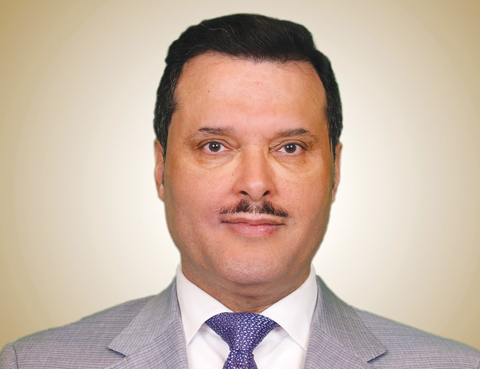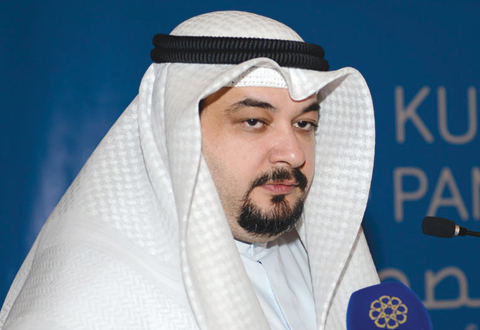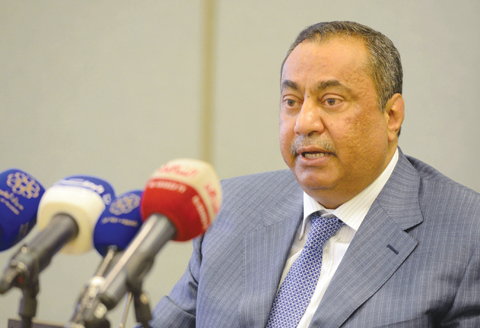Energy tariffs hike to increase private services’ fees
KUWAIT: The new list for prices of health services offered to expatriates in Kuwait is set to be released today, a Ministry of Health official said on Sunday. The announcement will be made during a press conference to be attended by radiologists, lab technicians and other specialists from the ministry, said Dr Mahmoud Abdulhadi, the Assistant Undersecretary for Legal Affairs. He was speaking during a ceremony to honor two doctors, which was also attended by Health Minister Dr Jamal Al-Harbi and his top undersecretary Dr Khaled Al-Sahlawi.
 Health Minister Dr Jamal Al-Harbi
Health Minister Dr Jamal Al-Harbi
'Long overdue'
Dr Harbi defended the upcoming increases by saying that they are 'long overdue' and reiterated that the fees will still be less by 20 compared the private sector for certain lab tests, x-rays and other services. "The project to increase fees of health services offered to expatriates, including residents and visitors, come after a very long time in which the currently nominal fees have not been subjected to any revisions," the minister said. "Yet, those fees continue to be heavily costly for the state."
Asked about the expected high increase in fees of certain treatments and medications, Harbi noted that expats who cannot afford paying the new fees can seek alternatives such as private healthcare insurance. "Those medications are costly for the state, and everyone has to pay for treatment, especially people on visit visas," he affirmed.
Spending cut
The new step matches the government's general austerity measures that target reducing expenses and limit the effect of a projected budget deficit due to the decline in oil prices. "There are three million expats that the ministry provides treatment services for in exchange for small fees compared to the local and regional markets, something that adds an extra burden on the state," Dr Sahlawi said.
The ministry also hopes that the recent fee raises would increase the number of people who seek treatment at private hospitals and clinics, and thus alleviating some of the pressure on the state's jam-packed public medical facilities. On that regard, Dr Sahlawi noted that the Health Insurance Hospitals Company will start partial operation during the first quarter of this year by starting to offer services through a number of clinics, before going into full operation in 2020.
The shareholding company, also known as 'Daman', was established in recent years to build three hospitals and fifteen polyclinics that would provide full medical services for expatriates working in the private sector in Kuwait; whereas access to public hospitals would after that be restricted to Kuwaitis, domestic workers and possibly expats working in the public sector.
Energy tariffs
In a related note, a senior physician at Kuwait's private sector warned that prices of medical services offered at private hospitals and clinics in Kuwait are bound to increase once the hike of electricity and water tariffs becomes effective on May. "[increasing energy tariffs] requires reviewing the relationship between medical facilities and insurance companies since the contracts between them were signed according to the current rates," said Dr Adel Ashkenani, Chairman of the Union of Owners of Private Medical Professions. He noted that keeping medical fees the same after energy rates increase would create a 'disturbance' in the private medical sector.
Dr Ashkenani also rebuffed reports suggesting that the Health Ministry is working on releasing a unified list for fees of services presented in the private sector. "This is impossible because rents are not the same, costs differ from one clinic to another, and the prices of medical equipment vary depending on their quality and country of origin," he explained. The union will soon meet with Minister Dr Harbi to discuss the effect of the energy tariffs' increase on fees of private medical services, he noted. - Translated from the Arabic press






